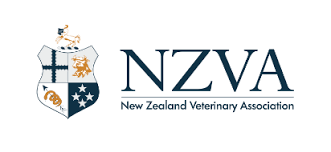The New Zealand Veterinary Association (NZVA) is not surprised by the government’s decision to ban live exports by sea and believes the two- year transition period is pragmatic for businesses in the sector.
We are not surprised by the decision and believe it is consistent with advances in animal welfare science that acknowledges animal sentience – meaning animals have feelings, both positive and negative, just like humans, says the association’s chief veterinary officer, Helen Beattie.
“Given the Minister of Agriculture, Hon. Damien O’Connor’s very clear message that the welfare of animals during the voyage cannot be assured, the NZVA is accepting of the decision – animal welfare matters, and as veterinarians we have a special duty to do what we can to ensure their welfare.”
NZVA’s policy on export of animals including livestock that was developed prior to the decision and shared with those undertaking both the MPI and Heron reviews. It states that the NZVA opposes the export of any live animal unless throughout the lifetime of the animal, its welfare is adequately managed according to the requirements of the Animal Welfare Act 1999.
This policy applies to all stages of live animal export and transport – assembly of animals, the transport, the situation animals are in at their destination and their slaughter.
“We are however mindful of the economic impact that this ban will have for those involved in the trade, including some of our members’ clients,” says Kevin Bryant, NZVA chief executive.
“We understand the rationale behind the government’s decision, which is to ensure high standards of welfare for New Zealand livestock; and we accept that it is more difficult to guarantee all the physical and mental needs of our animals are met once they leave New Zealand shores.”
We trust that the Government has given this issue due deliberation during the extensive consultation process involving evaluation of public submissions, examination of industry information and scientific evidence, and the review of the findings from the Heron report on Maritime Safety and animal welfare.”





